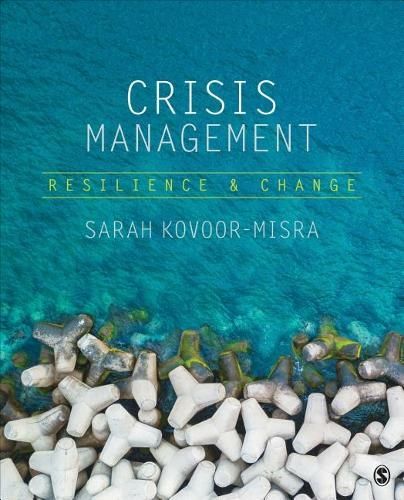A thorough review of current research and future directions in business crisis management is offered in this study. In this age of constant change and unpredictability, companies must be prepared to handle a wide range of crises. To help businesses become more resilient and better able to weather crises, this paper delves into the most recent studies, recommendations, and methods for doing so.
Important Terms:
Plans for Communicating in Times of Crisis:
Communicating with Stakeholders
Managing a Crisis on Social Media
Clear and Up-to-Date Data
Controlling One’s Reputation
Crisis Leadership:
Methods of Crisis Management
Making a Call in a Hurry
Developing Adaptive Leaders Faith in Leadership: Being Ready and Strong
Crisis Role Playing
Evaluate Potential Dangers and Develop Contingency Plans Organizational Lessons Learned from Disasters
Establishing a Precautionary Mentality
Modernizing Crisis Management with the Use of Technology:
Analytical Tools for AI and Predictive Models in Crisis Management
IoT for Emergency Response
Preventing Cyberattacks and Ensuring Employee Safety in Times of Crisis:
Help for Mental Health
Difficulties and Solutions in Working Remotely
Methods for Facilitating Communication Between Workers
Establishing a Positive Work Environment
Emergency Management on a Global and Multicultural Scale:
Cross-Border Crisis Coordination: A Culturally Sensitive Approach
Developing Regional Approaches to International Crisis Communication
Handling Financial Emergencies:
Managing Your Funds
The Art of Financial Expression
Strategies for Effective Investor Relations
Crisis-Related Regulatory Compliance
Principles to Keep in Mind When Responding to Emergencies:
Frameworks for Making Ethical Decisions, CSR in Times of Crisis, Aligning Stakeholder Interests, Preventing Opportunistic Behavior, and Partnerships Between Government and Industry:
Business-Government Collaborations
Cooperation with Governing Agencies
The Exchange of Data during Emergencies
Crisis Response Guidelines for the Entire Industry
Response Plans in Times of Crisis:
Gaining Knowledge from Post-Crisis Evaluations
Repairing Broken Trust via Innovation and Change
Supply Chain Resilience for Long-Term Reputation Management:

Manage the Risks in the Supply Chain
Strategies for Diversification
Incorporating Technology into Responses to Supply Chain Crisis
In times of crisis, ESG (environmental, social, and governance) factors should be considered in supplier relationship management.
When a Crisis Occurs, ESG Communication
Methods for the Long-Term Management of Emergencies
Affected ESG Ratings by the Crisis
Enhancing Crisis Recovery Plans with the Incorporation of ESG
